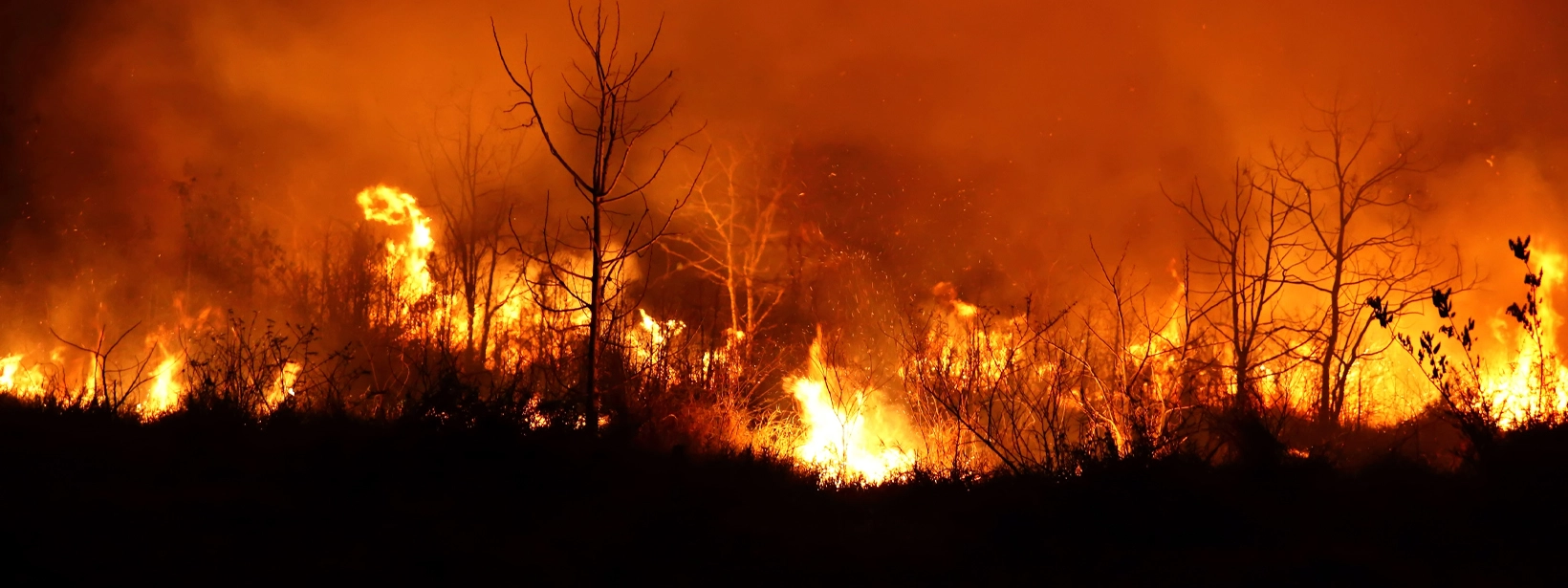Wildfire smoke is harmful to health. One of the main pollutants found in wildfire smoke is particulate matter, or ‘soot,’ which can penetrate deep into the lungs and even into the bloodstream. Exposure to wildfire smoke is associated with a number of health harms—ranging from respiratory and cardiovascular harm to adverse birth outcomes and even early death.
Due to climate change and other factors, wildfires are projected to become more frequent and severe in the United States, posing a growing challenge for public health.
Who Is Most at Risk from Wildfires?
Everyone's health is at risk from wildfire smoke, even healthy adults. But some groups may be particularly vulnerable and susceptible to wildfire smoke impacts, including children, older adults, pregnant people, those with underlying respiratory and cardiovascular conditions, outdoor workers, socioeconomically disadvantaged populations and people without homes.
What Can Be Done to Address the Growing Threat of Wildfire?
The Lung Association educates about ways to protect lung health before and during wildfire smoke events; engages in policy and advocacy work on the use of prescribed fire to mitigate catastrophic wildfires, and advocates for continued action to combat climate change.




